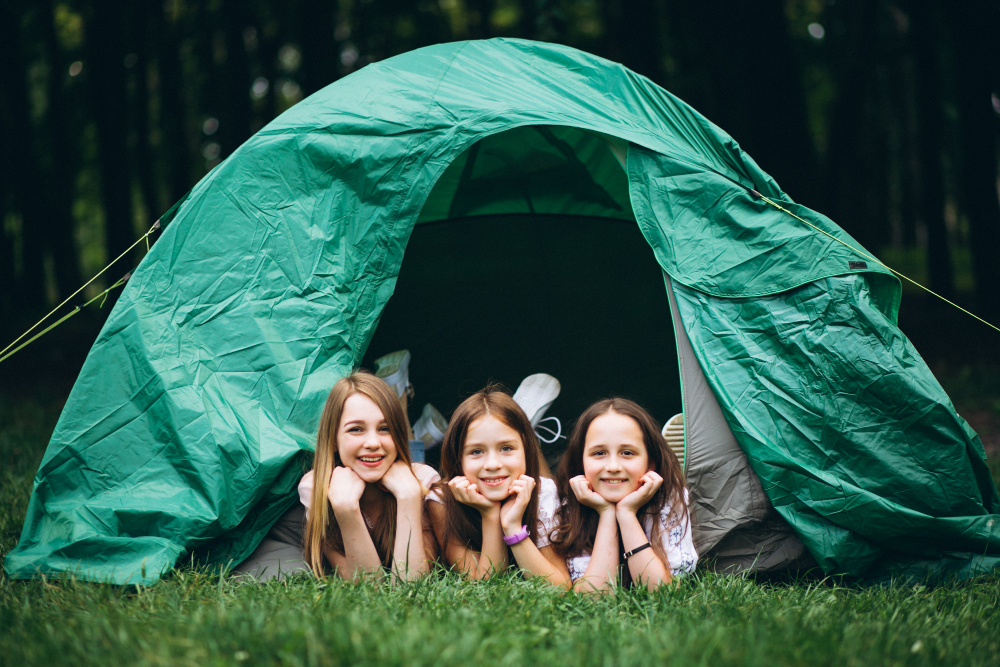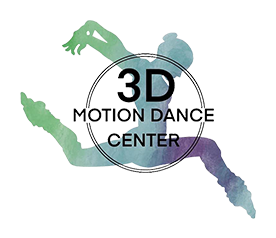What to Expect at a Dance Camp: A Complete Guide for Parents and Students

Dance camp represents an exciting milestone for young dancers. Whether your child is taking their first steps into the world of dance or looking to refine their existing skills, understanding what lies ahead can help both parents and students prepare for this enriching experience.
Dance camps offer intensive training programs that combine technique building, creative expression, and social interaction in a supportive environment. These programs typically run during summer breaks or school holidays, providing dancers with focused instruction that accelerates their growth and passion for movement.
For families in Apopka, FL, dance camps present an excellent opportunity to immerse young dancers in comprehensive training while building lasting friendships with peers who share their enthusiasm for dance.
Pre-Camp Preparation: Setting Your Child Up for Success
Physical Readiness
Before attending dance camp, ensure your child is physically prepared for intensive training. Most camps require basic fitness levels and flexibility, though programs are designed to accommodate various skill levels. Consider scheduling a physical examination to confirm your child is ready for increased activity levels.
Proper dance attire is essential. Most camps provide specific dress codes that typically include comfortable, stretchy clothing that allows for full range of motion. Leotards, tights, and appropriate footwear for different dance styles are standard requirements.
Mental Preparation
Help your child understand what to expect by discussing the camp schedule, activities, and goals. Address any concerns they might have about being away from home or learning alongside new peers. Emphasize the fun aspects while acknowledging that they'll be challenged to grow as dancers.
Setting realistic expectations is crucial. Dance camps are designed to push students beyond their comfort zones, which means some days will be more challenging than others. Frame this as an opportunity for growth rather than a source of stress.
Daily Structure and Activities at Dance Camp
Morning Sessions
Most dance camps begin each day with warm-up exercises and basic technique classes. These foundational sessions help prevent injuries while building the strength and flexibility necessary for more advanced work later in the day.
Students typically rotate through different dance styles during morning sessions. This exposure helps dancers discover new interests while strengthening their overall movement vocabulary. Common styles include ballet, jazz, contemporary, hip-hop, and musical theater dance.
Afternoon Programming
Afternoon sessions often focus on choreography and performance preparation. Students learn extended dance pieces that showcase the techniques they've practiced during morning classes. This combination of technical training and artistic expression helps dancers develop both skill and confidence.
Many camps also incorporate creative activities like improvisation exercises or choreography workshops where students can explore their own movement ideas. These sessions encourage artistic growth and help shy dancers find their voice through movement.
Evening Activities
Some residential camps include evening programming designed to build community among participants. These might include movie nights featuring dance films, social dances, or talent shows where students can showcase their individual strengths.
Skill Development and Learning Opportunities
Technical Training
Dance camps provide intensive technical instruction across multiple dance styles. Professional instructors break down complex movements into manageable components, helping students build proper technique from the ground up.
Students receive immediate feedback on their progress, allowing them to correct habits and refine their skills more quickly than in typical weekly classes. This concentrated learning environment often produces noticeable improvements in just a few weeks.
Performance Skills
Beyond technical ability, dance camps emphasize performance quality. Students learn to connect with audiences, project confidence, and tell stories through movement. These skills prove valuable whether dancers pursue performance careers or simply want to feel more comfortable expressing themselves.
Many camps conclude with showcase performances where families can see what their children have accomplished. These performances serve as both celebration and motivation for continued dance education.
Leadership Development
Older or more experienced campers often have opportunities to assist with younger groups or lead warm-up sessions. These leadership experiences build confidence and teaching skills while reinforcing their own technical knowledge.
Social Benefits and Community Building
Friendship Formation
Dance camps create natural opportunities for friendship formation. Students bond over shared challenges, celebrate each other's successes, and support one another through difficult moments. These relationships often extend beyond camp and provide ongoing motivation for dance training.
The intensive nature of camp programming means students spend significant time together, leading to deeper connections than might form in regular weekly classes. Many dancers maintain these friendships throughout their dance careers and beyond.
Cultural Exchange
Camps often attract students from diverse backgrounds and locations, creating opportunities for cultural exchange. Dancers learn about different movement traditions, music styles, and approaches to artistic expression.
This exposure broadens students' perspectives while helping them appreciate the universal language of dance that transcends cultural boundaries.
Choosing the Right Dance Camp
Program Focus
Different camps emphasize various aspects of dance training. Some focus primarily on technique and classical training, while others prioritize contemporary movement or commercial dance styles. Research program descriptions carefully to find camps aligned with your child's interests and goals.
Consider whether your child would thrive in a competitive environment or prefer a more recreational approach. Both options offer valuable experiences, but the atmosphere can significantly impact your child's enjoyment and growth.
Location and Duration
Day camps allow students to return home each evening, maintaining familiar routines while still receiving intensive training. Residential camps offer complete immersion experiences but require greater independence from young dancers.
For families in Apopka, FL, local dance camps provide the benefits of intensive training without the adjustment challenges of being away from home. This option works particularly well for first-time campers or younger students.
Making the Most of the Dance Camp Experience
Goal Setting
Help your child establish both technical and personal goals for camp. Technical goals might include mastering specific skills or improving flexibility, while personal goals could focus on making new friends or performing with confidence.
Regular check-ins about progress toward these goals help maintain motivation and provide opportunities to adjust expectations if needed.
Embracing Challenges
Encourage your child to view difficult moments as growth opportunities rather than failures. Dance training inevitably includes frustration and setbacks, but learning to persevere through these challenges builds resilience that extends far beyond dance.
Celebrate effort and improvement rather than focusing solely on perfect execution. This mindset helps dancers maintain joy in their training while continuing to push their boundaries.
Preparing for Your Dance Journey
Dance camps offer transformative experiences that accelerate technical growth while building confidence, friendships, and artistic expression. The intensive training environment challenges students to reach new levels while surrounding them with peers who share their passion for movement.
These programs provide excellent preparation for dancers considering more serious training or performance opportunities. Even recreational dancers benefit from the focused instruction and supportive community atmosphere that camps provide.
If you want to have your kids join dance camps in Apopka, FL, contact 3D Motion Dance Studio today to sign up for a free trial class. This opportunity allows both parents and students to experience the studio's teaching style and community atmosphere before committing to camp programming.
